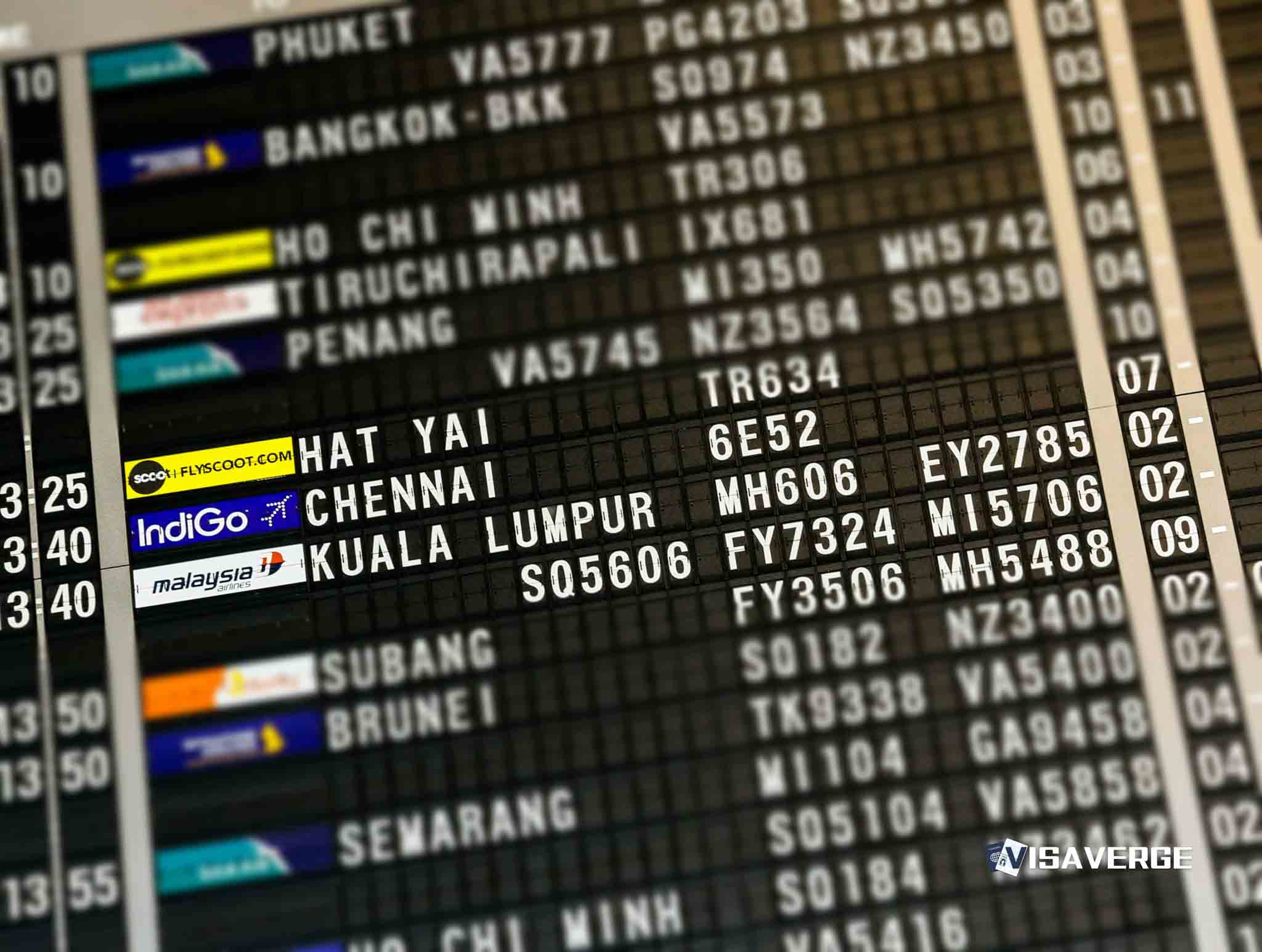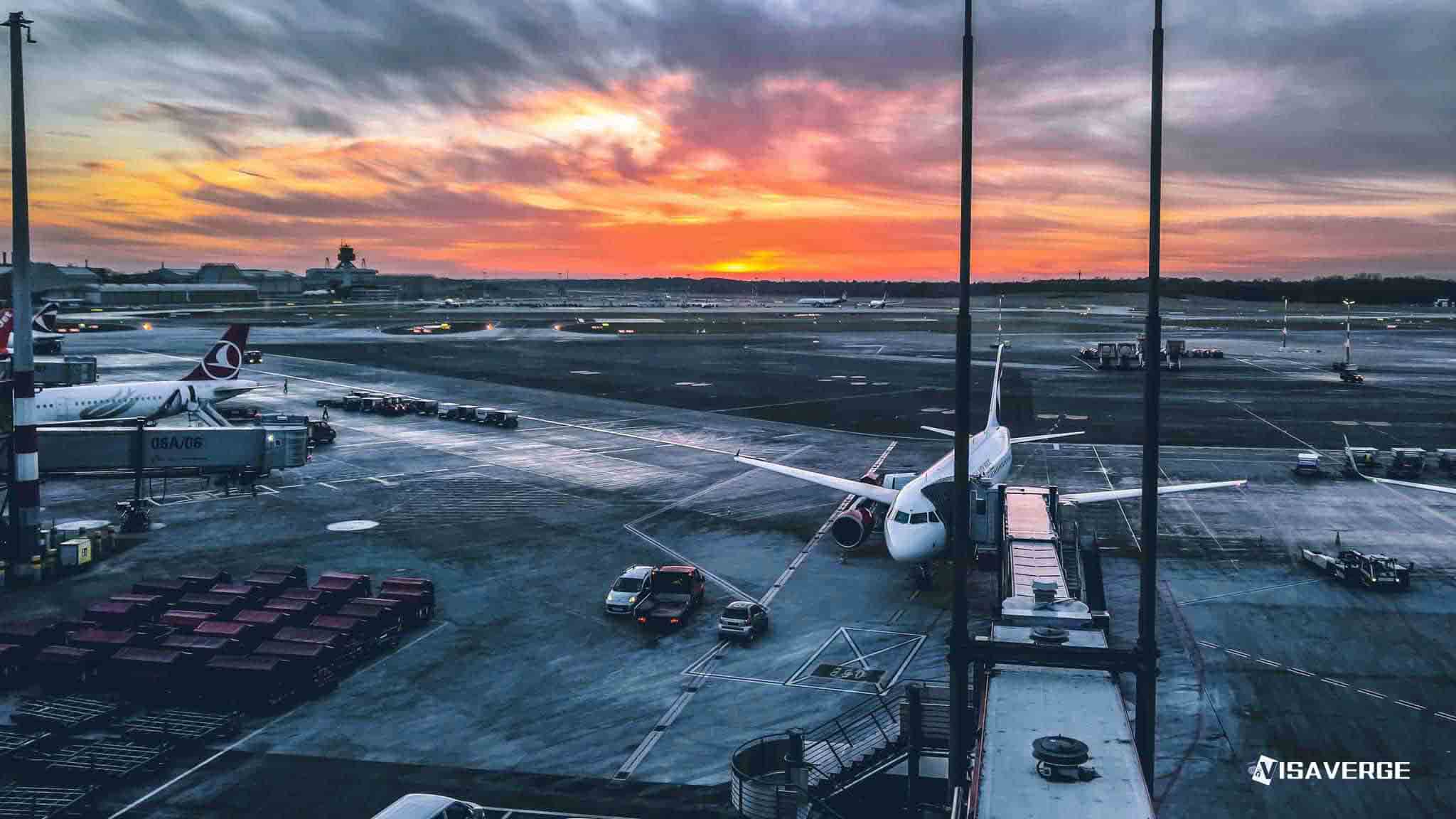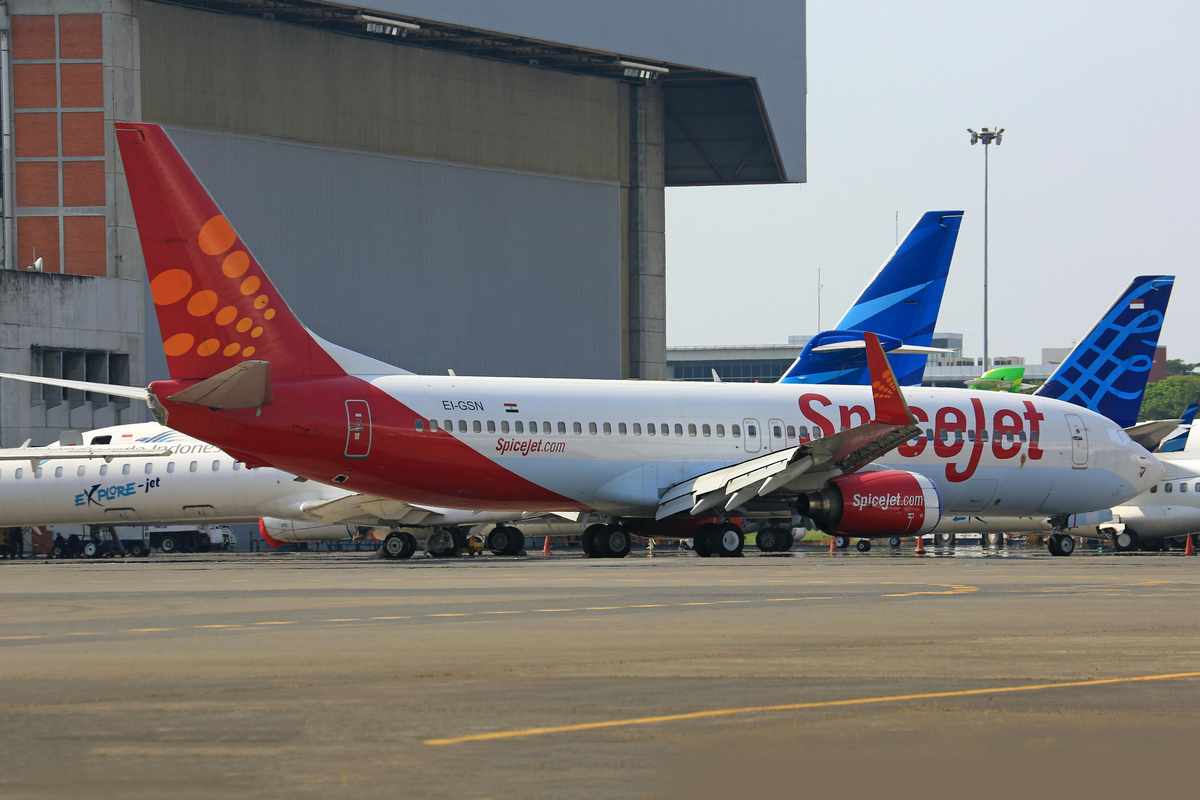A pilot who allegedly used forged credentials to fly as a captain for months at Lithuanian wet-lease carrier Avion Express has been exposed and removed from duty after a routine audit flagged inconsistencies in his paperwork. The discovery prompted a multi-country investigation and internal safety reviews by airlines that used the company’s crews.
The pilot, who had served as a first officer with Garuda Indonesia before joining Avion Express, is believed to have operated commercial flights carrying hundreds of passengers across Europe on behalf of multiple carriers while improperly upgraded to captain.

How the case came to light
The incident emerged during a standard document audit, according to people familiar with the review process. What began as a routine check quickly grew into a deeper review after mismatches emerged between the pilot’s stated experience and the records on file.
Officials said the deception unraveled when required documents and logged experience failed to match normal thresholds. Avion Express grounded the pilot when the irregularities surfaced and launched an internal investigation into his background.
Avion Express opened a company‑wide review after becoming aware of “unverified information” about the pilot’s professional history and is coordinating with authorities across several countries to verify all available records.
At the time of reporting, there was no conclusive finding on whether the documents were falsified, but the airline referred to the individual as a “former pilot,” indicating he is no longer flying for the company. Eurowings, one of the carriers that contracted flights from Avion Express, confirmed its internal safety team is looking into the matter as part of standard follow-up when questions arise over a crew member’s qualifications.
What investigators believe happened
Investigators believe the pilot was hired by Avion Express as a first officer but used falsified documents to present himself as qualified for captain.
This alleged leap from right seat to left seat is central to the case because captain roles require strict checks, including:
- Validated flight hours
- Type-specific simulator assessments
- Command training under supervision
Those checks are mandated by the European Union Aviation Safety Agency (EASA), which sets detailed rules for pilot licensing, recurrent training, and command upgrades across the bloc. Under normal practice, advancing to captain cannot skip these requirements without raising alarms in a properly verified process.
EASA’s aircrew rules are public, and airlines rely on them to frame company procedures for qualification reviews and oversight of flight operations across the region. The agency’s aircrew standards are outlined on its official site at the European Union Aviation Safety Agency’s domain for Aircrew Regulation, which is the governing reference for licensing and training in the EU.
Scope and industry implications
The implications stretch across Europe’s busy travel seasons because wet-lease operators like Avion Express connect airlines with ready crews and aircraft when demand spikes or carriers need short-term capacity.
Key points:
- The fraudulent captain is believed to have flown on behalf of several European brands, including Eurowings, LOT, easyJet, and Sun Express, meaning the risk exposure spanned multiple national markets.
- Wet-lease contracts allow a smaller pool of pilots to fly for different airline brands, often on short notice. That flexibility is a strength but can become a pressure point when background checks rely on paperwork that could be forged.
- As VisaVerge.com notes, Avion Express operates as a wet-lease provider—supplying both aircraft and crews to other airlines—so flaws in one company’s vetting can ripple through the ecosystem quickly.
Role of routine audits
People who follow aviation safety say the routine audit that triggered this investigation may prove as important as the alleged misconduct itself.
Routine audits are designed to catch mismatches such as:
- A missing simulator sign‑off
- An odd pattern in logged hours
- Irregular endorsements in a pilot’s record
When those flags appear, companies must pull the pilot from the schedule and verify every detail, often by cross‑checking with national civil aviation authorities and training organizations. Avion Express said the review involves coordination with authorities in more than one country, which is typical when a pilot’s training, licensing, and experience span several jurisdictions. That cross-border verification can take time, especially if records are held by different regulators or training centers.
Safety, reputational and operational risks
The case highlights two primary risks from a false captain:
- Operational risk — command decisions rest on the left seat; inadequate experience can affect safety.
- Reputational risk — customers trust that carriers and partners follow rules and proper vetting.
While investigators have not reported any in‑flight safety events linked to the pilot, the discovery has unsettled passengers who traveled on those services and crew members who may have shared cockpits during the period in question. The exposure of forged credentials also puts pressure on hiring teams and contracted training providers to show that verification steps were not skipped.
Avion Express response and wider action
Avion Express has said it is reviewing internal procedures and cooperating fully with authorities, but it has not disclosed how the pilot’s documents initially cleared its checks. The company’s reference to “unverified information” suggests the first alarms came from gaps or contradictions rather than a single, obvious forgery.
In similar cases across the industry, audits often reveal inconsistencies in:
- Logbooks
- Training certificates
- Licensing endorsements
These require follow-up with regulators. The European system depends on EASA standards and national authorities to issue and confirm licenses, with airlines carrying responsibility to confirm authenticity before assigning safety‑critical roles. The EASA framework describes these responsibilities under its aircrew rules.
Partner airlines have initiated their own internal reviews to confirm there are no other irregularities in contracted crews. Eurowings acknowledged action by its safety team after Avion Express flagged the case. Other carriers named as recipients of wet‑lease services have been approached for comment. No disruptions to schedules have been reported so far, though operational teams often reshuffle rosters to cover flights when a captain is removed pending investigation.
What passengers and regulators will watch for next
For passengers, the case underscores how modern air travel relies on trust in shared systems: a pilot trained in one country, licensed in another, and flying for a brand they didn’t directly apply to but represent under a wet‑lease agreement.
- The audit process that exposed the case is intended to catch these rare instances.
- Regulators and airlines will likely review whether checks need to be tighter, especially for upgrades to captain that carry the highest level of cockpit authority.
EASA’s standards remain the baseline for this work. Anyone seeking official information on how pilot licensing and command qualifications are supposed to function can review the agency’s guidance for aircrew at the European Union Aviation Safety Agency’s site: EASA Aircrew.
Avion Express has said its internal review is ongoing, coordinating among authorities to verify training records, documents, and experience across borders as they assess how a single case of forged credentials moved through a system designed to prevent exactly that.
This Article in a Nutshell
A pilot at Avion Express allegedly used falsified credentials to operate as a captain on wet‑lease flights for multiple European carriers. The deception was uncovered during a routine document audit that flagged mismatches in logged hours, simulator sign‑offs and endorsements. Avion Express grounded the pilot, opened a company‑wide review and is coordinating with authorities across several countries. Partner airlines, including Eurowings, initiated internal safety checks. No in‑flight incidents have been reported; investigators are verifying records and assessing vetting procedures.






